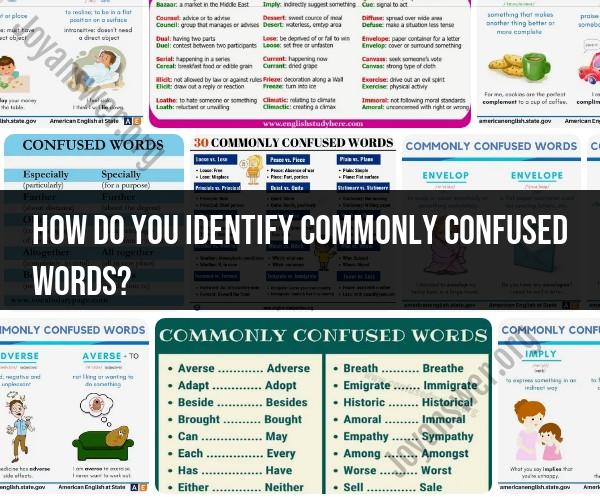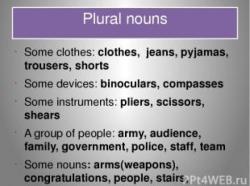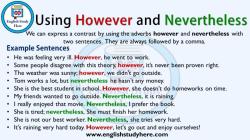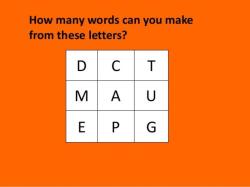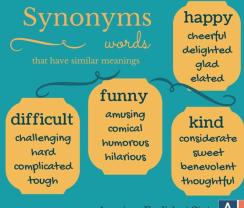How do you identify commonly confused words?
Identifying Commonly Confused Words: Language Tips
Identifying commonly confused words is essential for clear and effective communication. These words often sound similar or have related meanings, leading to errors in writing or speaking. Here are some tips to help you recognize and differentiate commonly confused words:
1. Understand Definitions:
Start by understanding the definitions of the words in question. Knowing their meanings will help you recognize when they are being used incorrectly.
2. Pay Attention to Pronunciation:
Words that sound similar can be easily confused. Pay close attention to pronunciation, especially if the words have different stress patterns or syllable emphasis.
3. Context is Key:
The context of a sentence often provides clues about which word is correct. Consider the surrounding words and the overall meaning of the sentence.
4. Compare and Contrast:
Make a list of commonly confused words and create a side-by-side comparison of their meanings, usage, and examples. This visual comparison can help clarify differences.
5. Look for Patterns:
Some words have consistent patterns of confusion. Identify words that are frequently mixed up and familiarize yourself with their distinctions.
6. Use Language Resources:
Consult dictionaries, style guides, and grammar resources to clarify the meanings and usage of confusing words. Online language tools can also be helpful.
7. Proofread Carefully:
During writing and proofreading, be vigilant for potential errors involving confusing words. Double-check usage to ensure accuracy.
8. Practice and Study:
Regularly practice using and differentiating confusing words in sentences. This practice reinforces correct usage and improves your language skills.
9. Seek Feedback:
If you're unsure about using a specific word correctly, ask a knowledgeable friend, colleague, or editor for feedback on your writing.
10. Learn from Mistakes:
If you've made mistakes with confusing words in the past, learn from those experiences. Analyze the errors and understand how to avoid them in the future.
Remember that improving your ability to identify commonly confused words takes time and practice. By applying these tips consistently, you'll become more confident in your language skills and reduce the chances of making errors.
